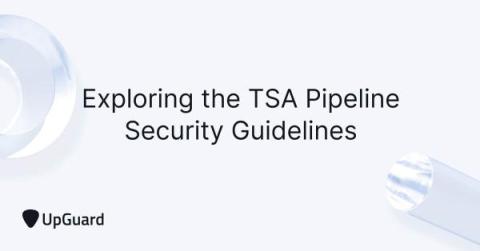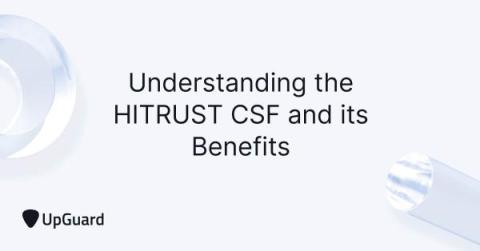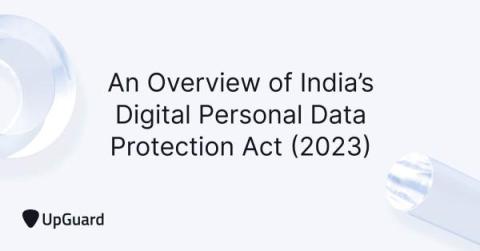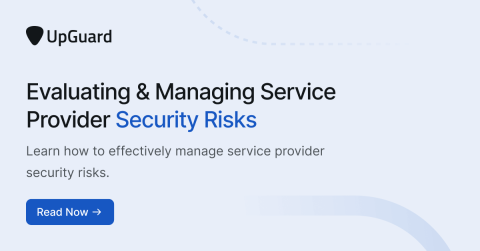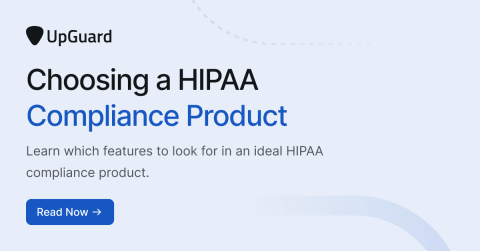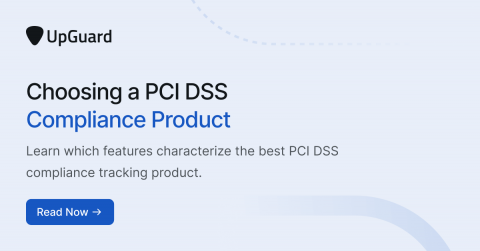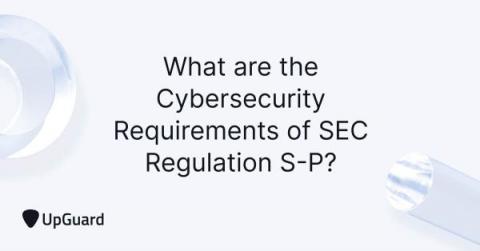Discover UpGuard's responsible use of generative AI and Large Language Models
Join our Senior Product Manager, Jess Hooper, as she discusses how UpGuard is incorporating these new technologies to save you time, without compromising on security and privacy.




